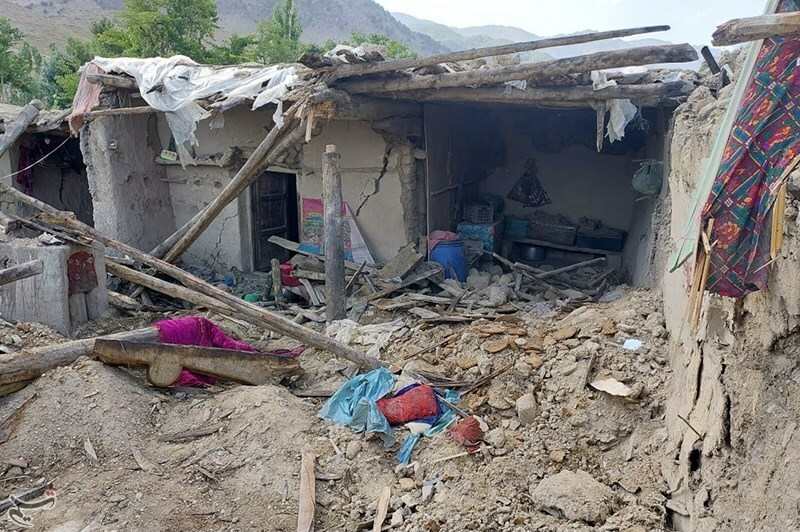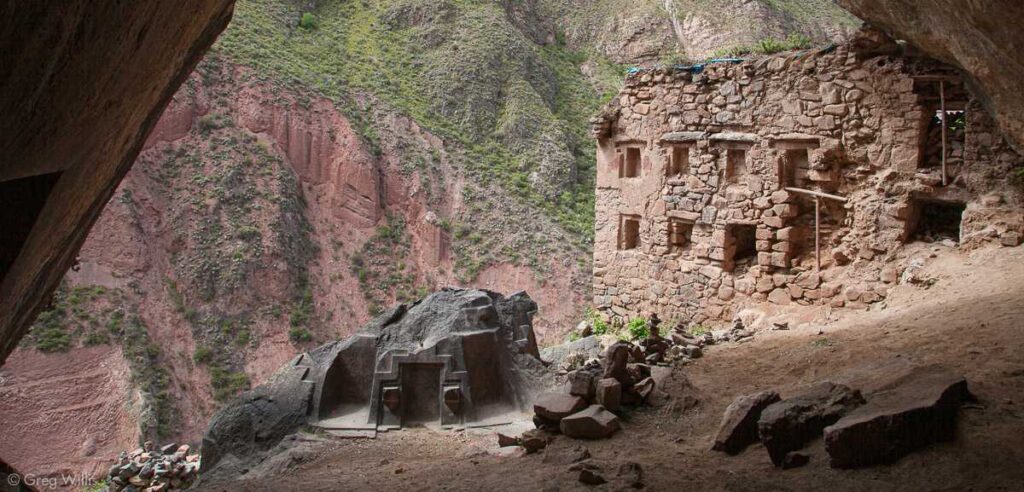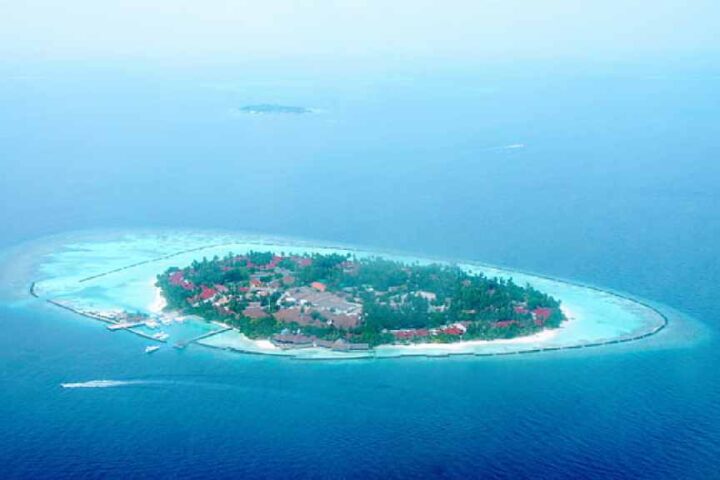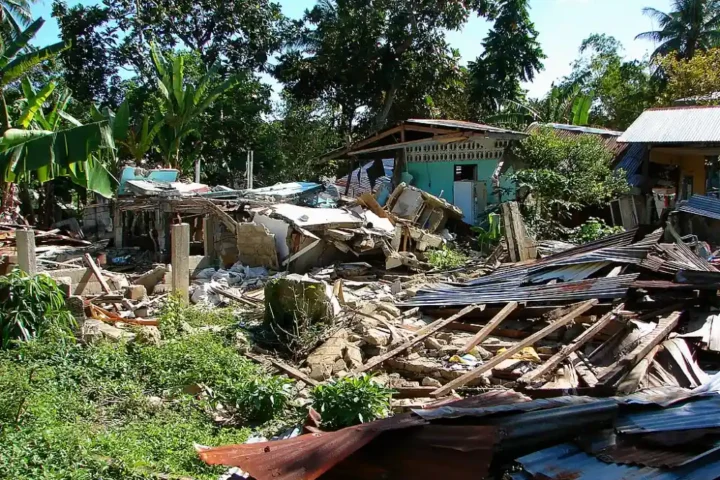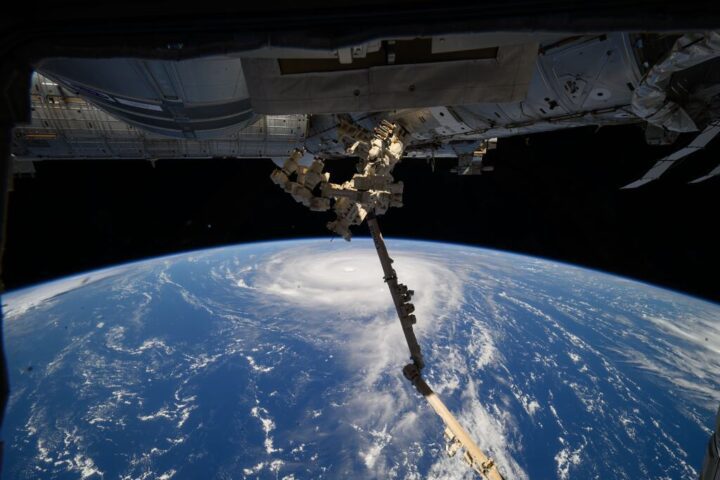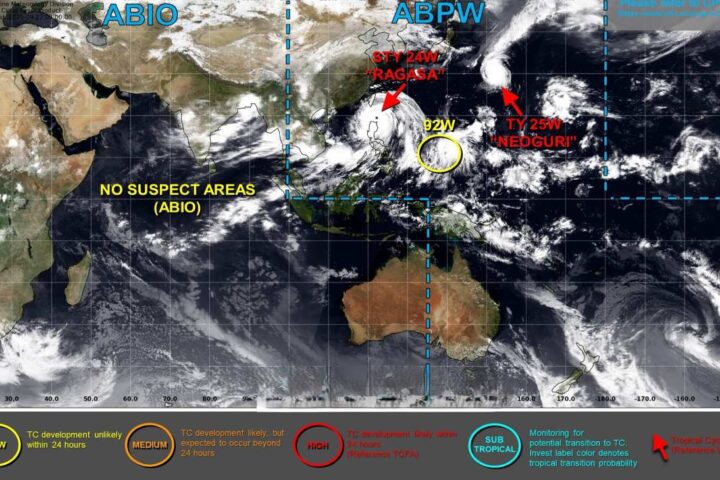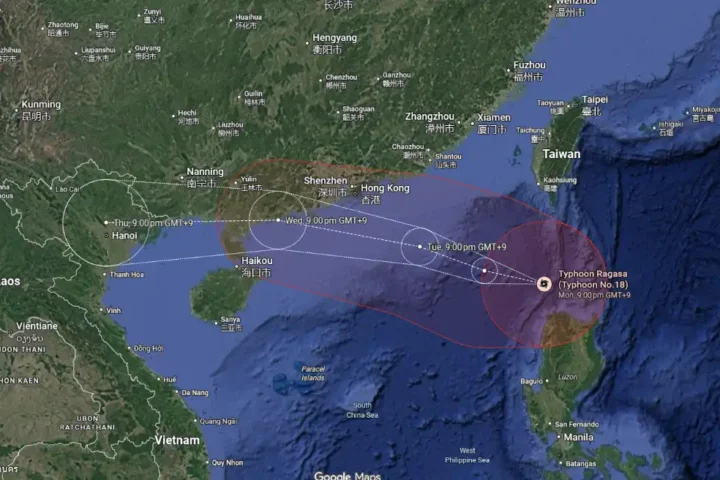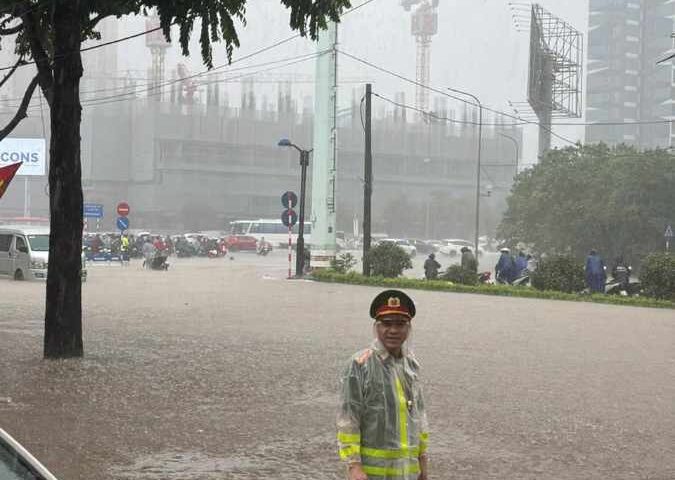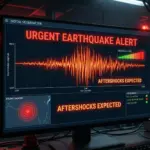A powerful 6.0 magnitude earthquake struck eastern Afghanistan late Sunday night, killing hundreds and leaving many more injured across remote mountain villages. The quake hit at 11:47 PM local time with its epicenter near Jalalabad in the Nangarhar/Kunar region.
Death tolls vary as rescue efforts continue. Afghanistan’s state broadcaster RTA has reported around 500 deaths and 1,000 injured, and officials have warned the toll may rise as more areas are reached.
Authorities confirmed that the districts of Nur Gul, Soki, Watpur, Manogi, and Chapadare in Kunar province were among the worst hit.
According to health ministry spokesperson Sharafat Zaman, several villages were completely destroyed, and casualty figures are still changing. Medical teams from Kunar, Nangarhar, and Kabul have arrived in the area.
The earthquake’s shallow depth of just 8 kilometers (5 miles) intensified its destructive power on the surface. Shallow earthquakes typically cause more damage than deeper ones because seismic waves have less distance to travel before reaching buildings and communities.
Rescue operations face significant challenges. Landslides triggered by the earthquake have blocked narrow mountain roads, forcing authorities to conduct evacuations by helicopter. Several aftershocks, including tremors measuring around magnitude 4.5 and 5.2, have complicated rescue efforts and forced frightened residents from their homes.
“I have never seen such a strong earthquake in my life,” said Polad Noori, a 28-year-old resident of Nangarhar province who counted 13 aftershocks through the night.
Similar Posts
The Hindu Kush region where the quake struck sits at the boundary of the Indian and Eurasian tectonic plates, making it prone to seismic activity. Afghanistan has suffered several deadly earthquakes in recent years, including a 6.3 magnitude quake in October 2023 that killed over 1,000 people.
Most buildings in the affected areas are constructed with mud brick, wood, or concrete without seismic reinforcement, making them highly vulnerable to earthquake damage. Many rural homes lack earthquake-resistant features.
Taliban officials have requested international assistance, saying they have limited resources and need help to reach affected communities. Helicopters carrying medical staff and supplies have been deployed to the hardest-hit areas, while hospitals in Jalalabad are receiving the injured.
The quake was felt across a wide area, with shaking reported as far away as Pakistan’s capital Islamabad, more than 200 kilometers from the epicenter.
As search and rescue operations continue, officials warn that casualty numbers will likely rise as teams gain access to more remote villages.
